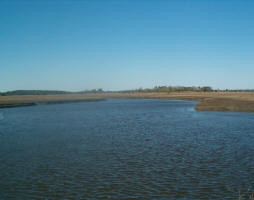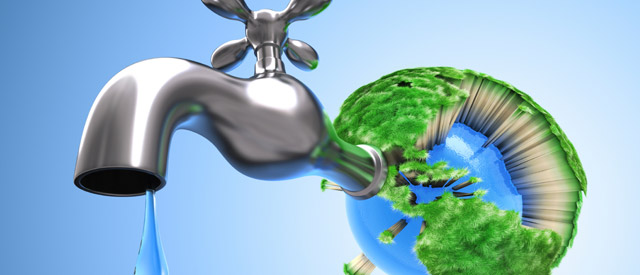Mediterranean Union
Union for the Mediterranean
The establishment of the Union for the Mediterranean, an intergovernmental institution which provides a new political/institutional framework for Euro-Mediterranean relations, was announced at the Paris Summit of Heads of State and Government on 13 July 2008.
The UfM includes the 27 member countries of the EU and 16 Mediterranean partners (Albania, Algeria, Bosnia and Herzegovina, Croatia, Egypt, Jordan, Israel, Lebanon, Mauritania, Monaco, Montenegro, Morocco, Palestinian Authority, Syria, Tunisia, Turkey); its co-Presidency (one EU member and one non-EU member) rotates every two years.
Decisions are made at the biannual summit of Heads of State and Government and the annual conference of Foreign Affairs Ministers. The agenda for both annual and biannual meetings is prepared by a permanent conference of senior officials based in Brussels.
The General Secretariat based in Barcelona is responsible for the implementation of policies and projects adopted by the UfM.
In its early phase of activity, the UfM focused on a few main areas of interest, namely the environment (with special regard to the cleanup of the Mediterranean Sea), transportation, civil protection, alternative energy sources (Solar Mediterranean Plan), high-level training and research (establishment of the Euro-Mediterranean University), development of small- and medium-sized enterprises (Mediterranean Business Development Initiative).
Presently, the co-presidency of the UfM is held by France and Egypt.
The General Secretariat was officially installed in Barcelona on 4 March 2010; Mr Ahmed Masa'deh, from Jordan, is the Secretary General.
The Secretariat of the Union for the Mediterranean launched officially its website
The French project of the Mediterranean Union (Barcelona Process: Union for the Mediterranean later, and now Union for the Mediterranean) was launched by French President Nicolas Sarkozy since his presidential campaign. French President then presented it in broad outline, on the occasion of a visit to Tangiers (Morocco), Oct 23, 2007.
In Lisbon, Alain Le Roy, ambassador in charge of implementing the project, detailed for the first time the contents of this French initiative to all the countries concerned. The Mediterranean Union would be a forum for annual or bi-annual exchange between countries bordering the Mediterranean, but not a new institution. It would be a "union project" based on specific programs, such as a water agency responsible for combating pollution of the Mediterranean, or a development agency for small and medium enterprises. Each initiative is only supported by those countries that wish it.
The Barcelona Process: Union for the Mediterranean ![]() [62 KB]
[62 KB]  was launched officially in Paris on July 13th, 2008. It aims to infuse newvitality into the partnership, offering more balanced governance andincreased visibility. See the European Commission's Communication
was launched officially in Paris on July 13th, 2008. It aims to infuse newvitality into the partnership, offering more balanced governance andincreased visibility. See the European Commission's Communication ![]() [62 KB]
[62 KB]  of 20th May, 2008.
of 20th May, 2008.
TheEU works closely with each of its Mediterranean partners to establishsupport programmes for economic transition and reform which take intoaccount each country’s specific needs and characteristics. Theseactions are funded under the European Neighbourhood and Partnership Instrument (ENPI).
The European Commission has supported the Barcelona Process with the provision of €16 billion from the Community budget ![]() [20 KB] since 1995. Loans from the European Investment Bank amount to approximately €2 billion per year.
[20 KB] since 1995. Loans from the European Investment Bank amount to approximately €2 billion per year.
- Paris Summit for the Mediterranean, 13 July 2008
- EC projects filmed in Egypt, Tunisia and Morocco and released to illustrate the Euromed conference in Paris on 13/7/2008
- Joint Declaration of the Paris Summit for the Mediterranean - Paris, 13 July 2008





- Final Declaration of the "Union for the Mediterranean ministerial conference - Marseille, 04 November 2008
 you are not logged in
you are not logged in









